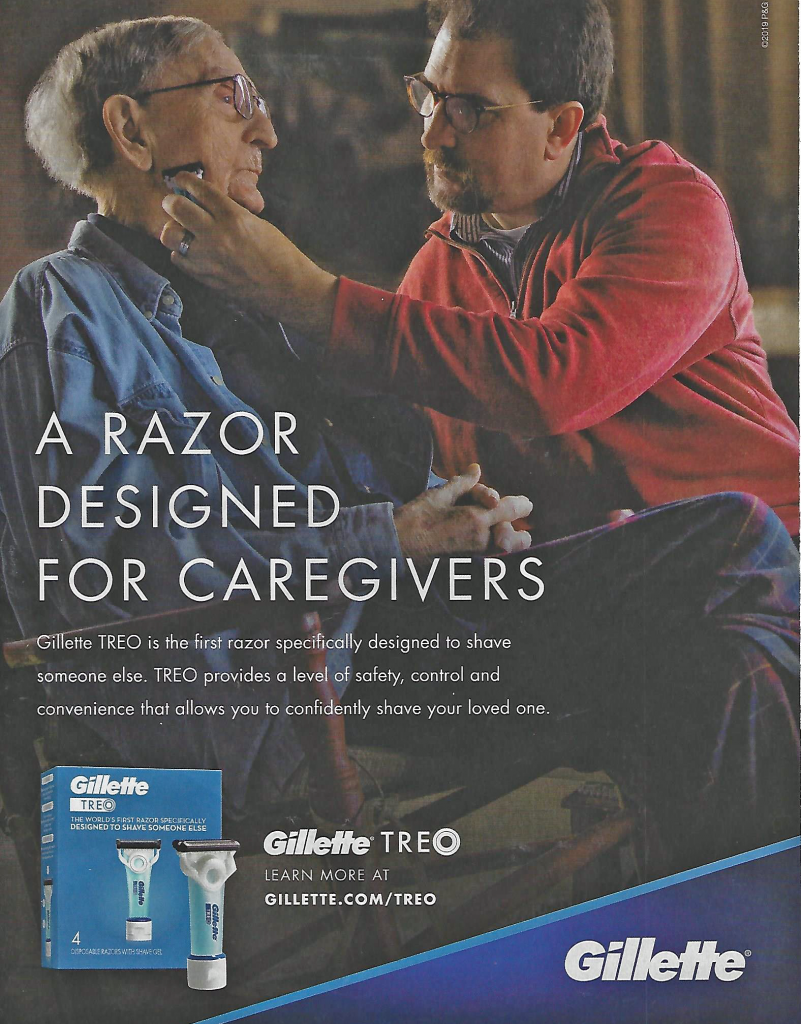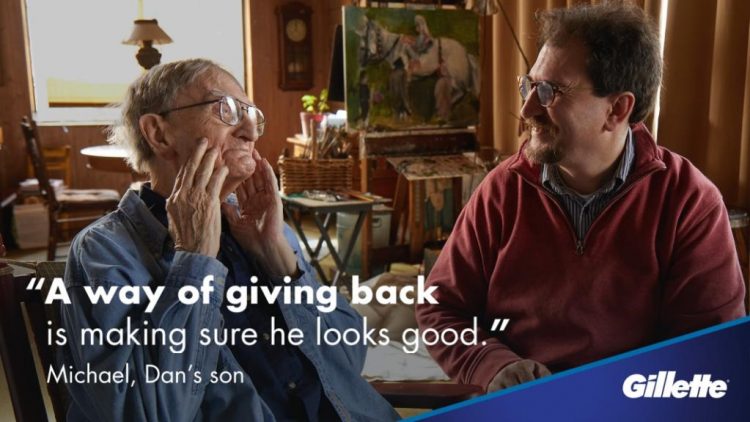 The market for caregiving is growing and the business community has, finally, begun to pay attention. The Washington Post referred to this market as a “gold rush” to design smart shoes, custom razors and technology for the “over-65 crowd.”
The market for caregiving is growing and the business community has, finally, begun to pay attention. The Washington Post referred to this market as a “gold rush” to design smart shoes, custom razors and technology for the “over-65 crowd.”
Caregiving in the U.S., the seminal report from AARP, estimated that 43,5 million adults in the U.S. had provided unpaid care to an adult or child in the past year, about one in five people being caregivers. Over half of caregivers are women, and are about 49 years of age on average. Caregivers spent over 24 hours a week providing care go loved ones, and particularly time-intensive for spouses and partners.
Most caregivers help a loved one with at least one Activity of Daily Living (ADL) which include eating, bathing, dressing, transferring (from bed to chair for example), maintaining continence, and toileting, which includes personal hygiene….like shaving.
I’m frequently asked these days to address questions about social determinants and retail health for consumers’ self-care. The user-centered research, design, innovation, marketing and sales channeling of the Gillette TREO razor speaks to this convergence. Fast Company called the TREO “a masterpiece of inclusive design.”
The Gillette TREO is the first product designed for, as P&G puts it, “assisted shaving.” Here’s a video that tells a story about the TREO.
If you’re already a caregiver, this will resonate with you. If you’re not yet caring for a loved one in this way, just wait some months or a few years. Your time will come. Caregiving is the great equalizer as we benefit from cures and therapies that extend our lives…but can diminish physical and mental capacity if the dice roll that way.
The image above for the TREO, “A Razor Designed for Caregivers,” is a scan of an ad I read in the October 2019 issue of the AARP Magazine featuring Tom Hanks on the cover (promoting his upcoming movie, A Beautiful Day in the Neighborhood, a biopic on Mr. (Fred) Rogers. On the page following this full-page ad was the “Upfront” interview with Julie Andrews who, after losing her voice following a vocal cord operation went wrong, has reinvented herself as an author of books working with her daughter — speaking of self-care and caregiving.
Health Populi’s Hot Points: I had the (happily and tearful) pleasure of watching the video, below, at the recent GMDC SelfCare Summit where the Unilever team shared their commitment to and insights into the power of diversity — in this case, evolving and broadening concepts of “beauty.” This was done for the Dove brand, but is relevant in terms of reaching out to peoples’ inner lives and values beyond a product on a store shelf or medicine in a bottle. This is a great example of marketing in the New Retail Health era. Healthcare can and should learn about product innovation, education and marketing from across the health/care ecosystem in touch-points where patients, consumers and caregivers live every day lives seeking trust in relationships with organizations that bolster personal and family health.
Increasingly, both consumer health and health/care companies will embrace this ethos if they intend to be relevant and resonant with health consumers – now, patients-as-payors.





 Thank you FeedSpot for
Thank you FeedSpot for